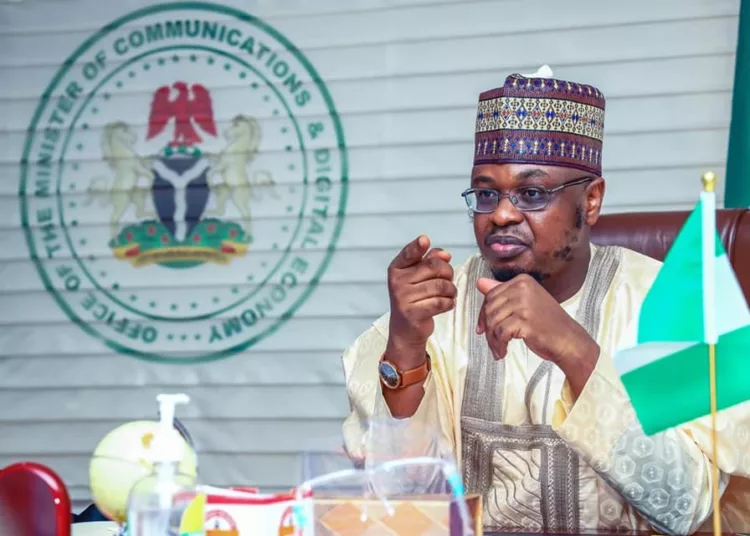The Nigerian government continues to build strategic partnerships to advance its digital transformation agenda, with the Republic of Korea playing a pivotal role. On Wednesday, Minister of Communications and Digital Economy, Prof. Isa Ali Ibrahim Pantami, lauded the South Korean government for its substantial contributions to Nigeria’s digital governance initiatives.
Pantami’s praise came in the wake of a one-week digital governance invitational program organized by the Korea International Cooperation Agency (KOICA) in collaboration with the Federal Ministry of Communications and Digital Economy (FMCDE). The program, which ran from October 30 to November 5, 2022, provided high-level Nigerian government officials with the opportunity to learn from South Korea’s advanced digital governance framework.
This initiative is part of a broader project aimed at strengthening Nigeria’s digital governance infrastructure, funded by a $13 million grant under the Project for Building Foundations Towards Digital Governance in Nigeria (2020-2026). The training program offered the 21-member Nigerian delegation—including top government officials such as the Head of Civil Service, Dr. Folasade Yemi-Esan, and the Chairman of the Nigeria Communications Commission (NCC), Prof. Adeolu Olumide Akande—a comprehensive insight into South Korea’s integrated data systems and innovative digital governance practices.
The delegation’s participation in the 8th Global Leadership ICT Forum, alongside officials from the International Telecommunication Union (ITU), the World Bank Group, and other global partners, allowed Nigeria to deepen its understanding of international best practices. The program also featured study tours to South Korea’s National Information Resources Service, which manages the country’s government-integrated data centers.
Ambassador Ali Magashi, Nigeria’s Ambassador to South Korea, highlighted that the initiative is part of a broader effort to deepen bilateral relations between the two nations, particularly in the field of digital governance. He noted that the recent visit by President Muhammadu Buhari to South Korea had elevated this partnership to new heights, further consolidating Nigeria’s achievements in its digital economy.
With Nigeria’s digital governance framework still evolving, initiatives such as this offer valuable lessons in developing a robust, integrated digital ecosystem. By learning from South Korea’s successes in digital governance, Nigeria is positioning itself to harness the full potential of technology to improve governance, service delivery, and national development.
As the digital landscape continues to evolve, collaborations with leading nations like South Korea will be crucial in helping Nigeria build the necessary infrastructure, policies, and skills to secure a prosperous digital future.




